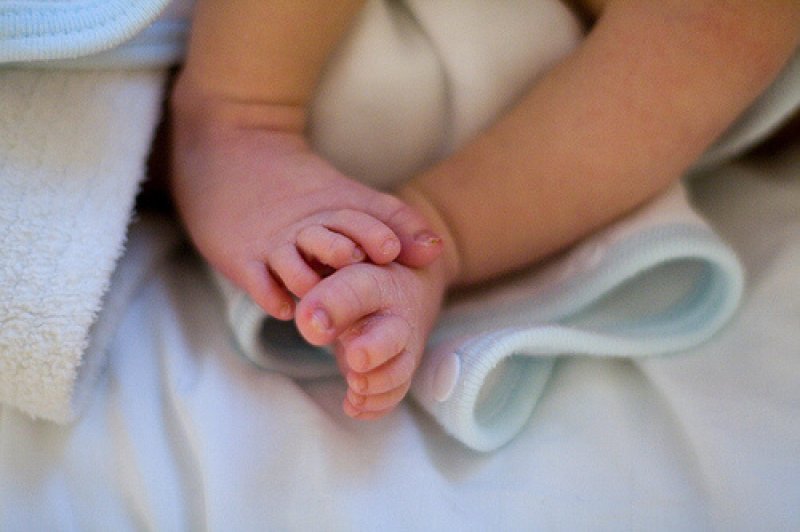An advisory committee of the Food and Drug Administration is set to begin two days of meetings tomorrow to consider radical biological procedures that, if successful, would produce genetically modified human beings. This is a dangerous step. These techniques would change every cell in the bodies of children born as a result of their use, and these alterations would be passed down to future generations.
Developers of these modification techniques say they are a way for women with mitochondrial disease to give birth to healthy children to whom they are related genetically. Some are also promoting their use for age-related infertility. These are worthy goals. But these procedures are deeply problematic in terms of their medical risks and societal implications.
Read the full, original story: Genetically Modified Babies
Additional Resources:































